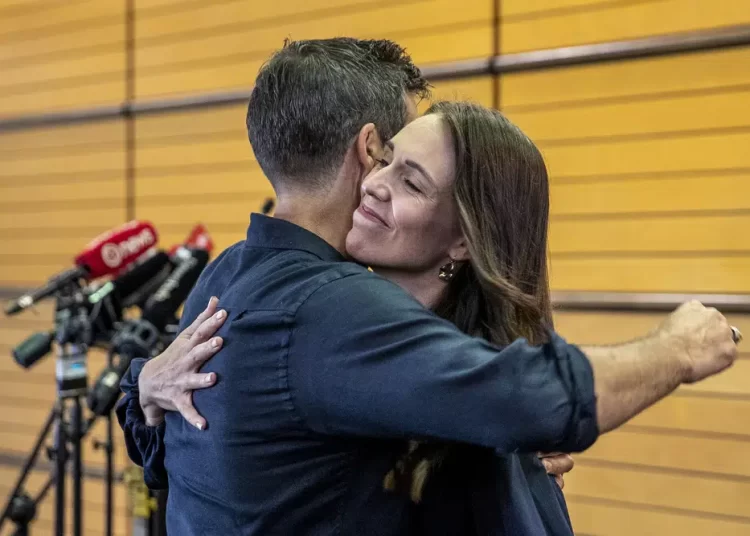WELLINGTON, New Zealand — New Zealand Prime Minister Jacinda Arden, who was one of the first members of her generation elected as a national leader and became a global icon of the left, said Thursday she was leaving office after five and a half years, according to AP.
Ardern was praised around the world for her handling of the nation’s worst-ever mass shooting and the early stages of the coronavirus pandemic. But she was facing mounting political pressures at home and a level of vitriol from some that hadn’t been experienced by previous New Zealand leaders.
Still, her announcement came as a shock throughout the nation of 5 million people.
Fighting back tears, Ardern told reporters in Napier that February 7 would be her last day as prime minister.
“I know what this job takes, and I know that I no longer have enough in the tank to do it justice. It is that simple,” she said.
Ardern became an inspiration to women around the world after first winning the top job in 2017 at the relatively young age of 37. She seemed to herald a new generation of leadership — she was on the verge of being a millennial, had spun some records as a part-time DJ, and wasn’t married like most politicians.
She notched up center-left victories while right-wing populism was on the rise globally: she pushed through a bill targeting net-zero carbon emissions by 2050, oversaw a ban on assault weapons, and largely kept the coronavirus out of New Zealand for 18 months.
Her approach to the pandemic earned the ire of US President Donald Trump, and she ended up refuting wildly exaggerated claims from Trump about the spread of Covid-19 after he said there was a massive outbreak and “It’s over for New Zealand. Everything’s gone.”
“Was angry the word?” Ardern said about Trump’s comments in an interview with AP at the time.
In 2018, Ardern became just the second world leader to give birth while holding office. Later that year, she brought her infant daughter to the floor of the UN General Assembly in New York.
In March 2019, Ardern faced one of the darkest days in New Zealand’s history when a white supremacist gunman stormed two mosques in Christchurch and slaughtered 51 worshippers during Friday prayers. Ardern was widely praised for her empathy with survivors and New Zealand’s wider Muslim community in the aftermath.
After the mosque shootings, Ardern moved within weeks to pass new laws banning the deadliest types of semi-automatic weapons. A subsequent buyback scheme run by police saw more than 50,000 guns, including many AR-15-style rifles, destroyed.
Less than nine months after the shooting, she faced another tragedy when 22 tourists and guides were killed when the White Island volcano erupted.






Discussion about this post